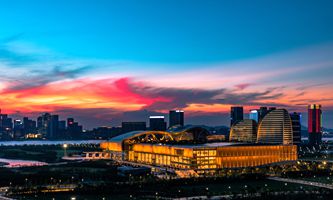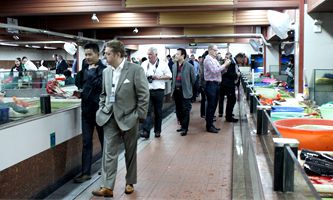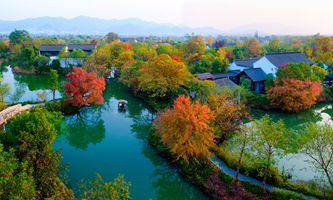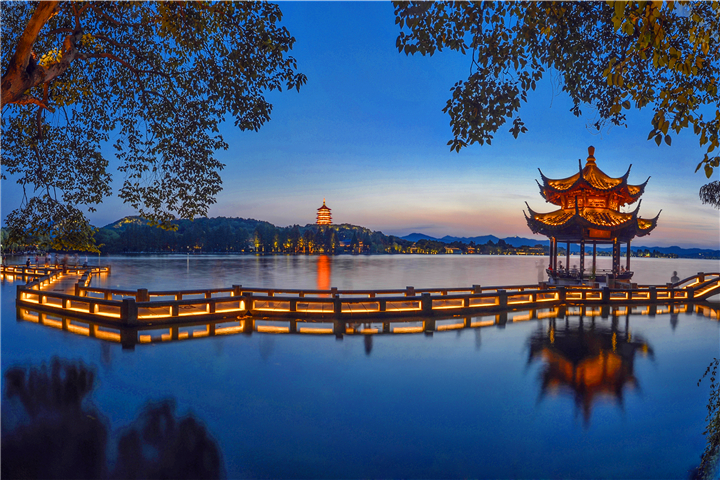Brief introduction to Hangzhou’s economic situation
The scale and total amount of local economy
In 2016, the city's industrial economy yielded an added value of 357.87 billion yuan ($56.45 billion) and 1.26 trillion yuan in industries above a designated size. The added value of information economy hit 268.8 billion yuan, up 22.8 percent year on year; the main business income was 681.38 billion yuan. The added value of Hangzhou's industry and information economy accounted for 51.33 percent of local GDP.
Industrial structure
The strategic emerging industries, high-tech industries and high-end equipment manufacturing have seen double-digit growth for three consecutive years. In 2016, their growth rate was 11.6, 12.5 and 14.6 percent, respectively. Hangzhou has fostered three 100 billion-level industries, namely, electronic information, high-end equipment and textile & chemical fiber and a modern manufacturing cluster featuring 15 industries with output value of more than 30 billion yuan, including automobile and general-purpose equipment.
Strengths of enterprises
By the end of 2016, 50 companies including Wahaha Group, Wanxiang Group had been listed among China's top 500 private companies; 36 companies such as Hengyi Petrochemical Co and Xizi UHC were on the Top 500 manufacturers of China; 100 companies had been listed on the Shanghai and Shenzhen stock exchanges and 32 companies had been listed overseas; eight companies had been included in the first batch of role-model manufacturers in certain technologies; the city had owned 132 Chinese Famous Trademarks and 625 reputed trademarks of Zhejiang province.
Industrial layout
Hangzhou has two national high-tech zones -- Hangzhou High-tech Industrial Development Zone and Linjiang High-tech Industrial Park; four state-level development zones, namely, Hangzhou Economic & Technological Development Zone, Xiaoshan Economic and Technological Development Zone, Yuhang Economic Development Zone and Fuyang Economic Development Zone; two provincial industrial clusters -- Chengxi Technology Innovation Corridor and Dajiangdong Industrial Cluster; and 52 characteristic towns like Yunqi Cloud Town, Dream Town and Internet Town. The city formed an industrial layout featuring wide range of industries and complementarity in functions.
Green development
Hangzhou has been eliminating backward production capacity. It shut down Hangzhou Iron & Steel Group's Banshan production base and is actively promoting new energy vehicles. In recent three years, it has closed more than 1,800 enterprises with backward production capacity and closed down 4,295 high-pollution fuel-fired boilers. It fulfilled its energy saving and emission reduction target for the 12th Five-Year Plan period (2011-15) one year ahead of schedule and became one of the only two cities in China to get an excellent result in national assessment.




